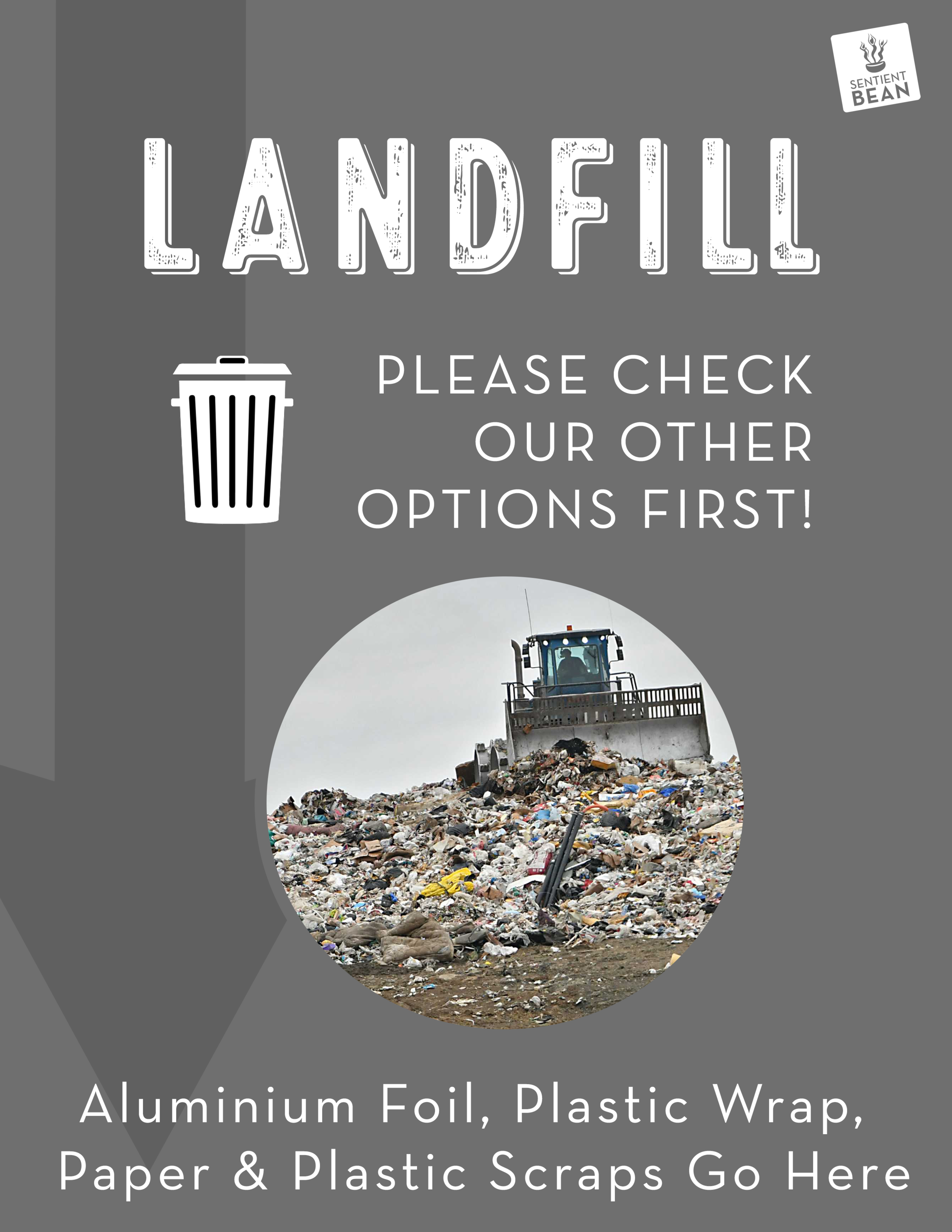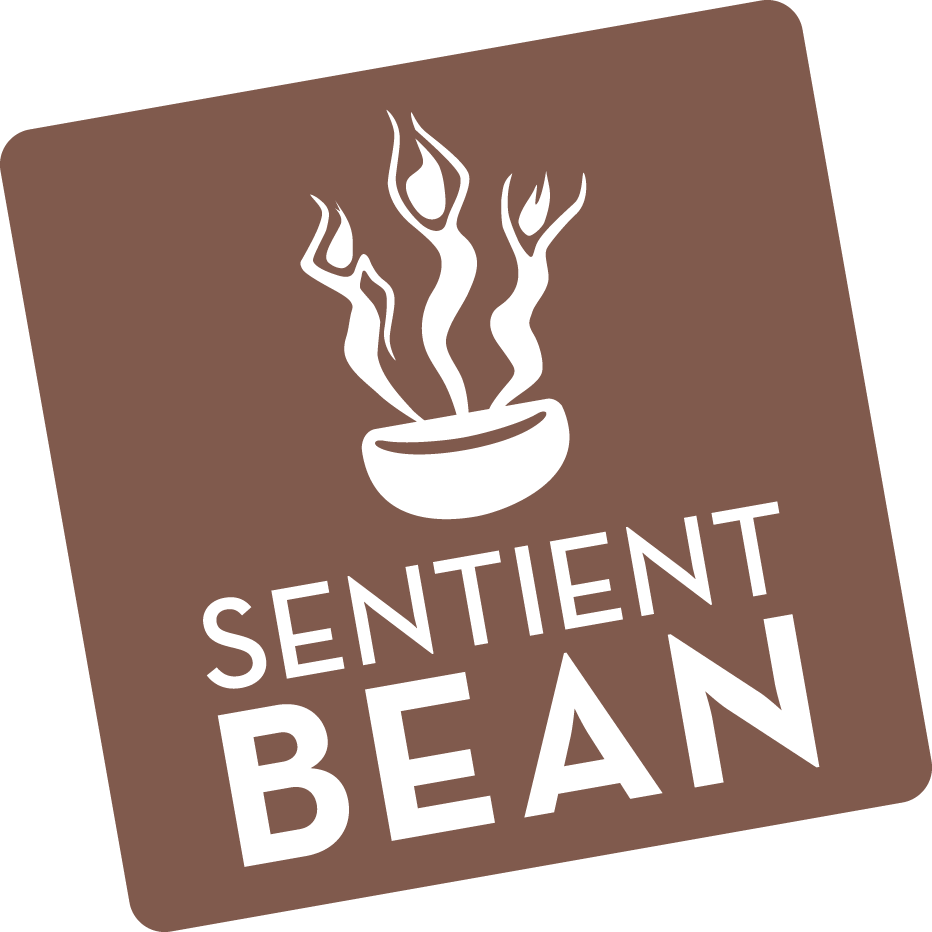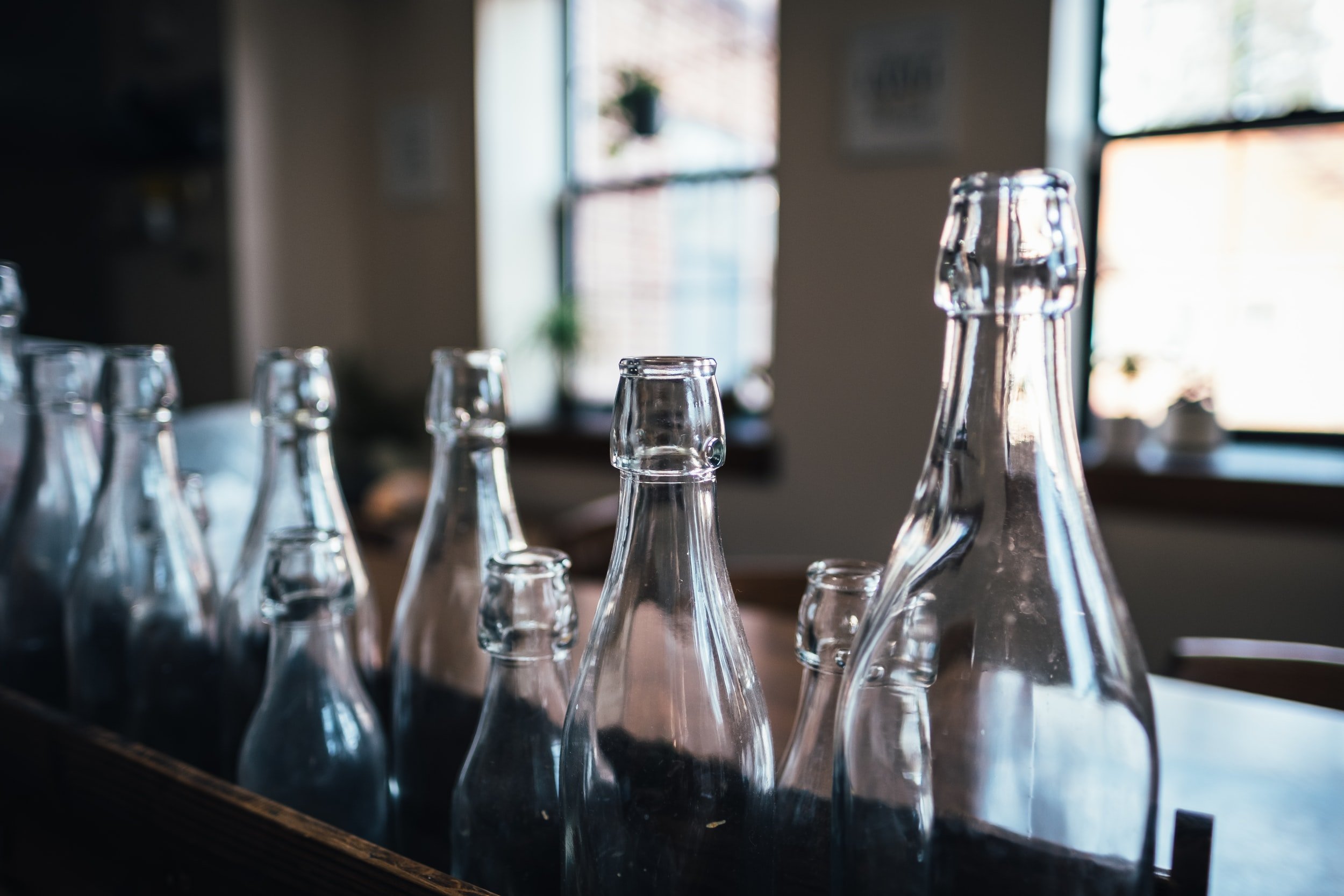
Waste Management
COMPOST
CORCompost is a local company that strives to improve our planet through the code of return through composting. They have been trained by the U.S. Composting Council in Commercial Scale Operations and good management practices, and they use sustainable practice to process compost. After the materials are properly mixed they are set on aerated pipes that save time and energy completely run by solar power (CORCompost 2021). The United Nations Food and Agricultural Organization states that annually 75 billion tons of soil (25 million acres) of arable land is lost to erosion, water logging, and salinization (Food and Agriculture Organization of the United Nations 2014: 2). Composting not only assists this, but also conserves water, reduces greenhouse gases, aids in soil erosion/health, and decreases the need for chemicals (CORCompost 2021).
As all of the Sentient Bean’s to-go ware is compostable, this is a valuable resource for sustainable best practice. Since December 2018 the Sentient Bean has diverted 87,752 lbs of waste to compost and created 73 cubic yards of soil (CORCompost 2021).
You can compost your food scraps in our marked bin in the café.
GLASS RECYCLING
The Sentient Bean started a trial period with Savannah’s first glass recycling company, Lammergeier Glass Recycling in April of 2021 and continues to use their services. Lammergeier claims a 100% recycling rate and dual stream pickup (Lammergeier Glass Recycling). According to the Institute for Local Self Reliance, dual stream can offer lower processing fees, reduced contamination, better quality materials, a higher net recycling rate, with the end market product fetching a higher price which increases economic sustainability (Streur and Kapiloff 2019).
MIXED RECYCLING
Items such as paper scraps and plastics other than 1 or 2 cannot be recycled through our mixed recycling stream, according to a Republic Services representative (Republic Services 2021). As the Bean’s togo items are compostable and cannot be recycled, items recycled by customers would be contents that have been brought in from outside of the cafe.
When a certain percent of recycled materials are contaminated, the whole batch of recycling is considered unusable and thrown away. This contamination can undermine the good recycling habits of others and cause easily recyclable items to end up in landfills (Henslovitz et. al. 2021).
Because of these factors, we do not offer mixed recycling to customers. If you have an item that is Plastic 1 or 2, cardboard, metal cans, or full sheets of paper, feel free to ask a Beanie to recycle the item for you behind the counter.
Please ask a Barista to recycle these items for you!




CORCompost. “About Us”. Available at: https://www.corcompost.com/about-us [accessed 21 November 2021].
FOOD AND AGRICULTURE ORGANIZATION OF THE UNITED NATIONS. 2014. “ Contribution to the 2014 United Nations Economic and Social Council (ECOSOC) Integration Segment”. We. Available at: https://www.un.org/en/ecosoc/integration/pdf/foodandagricultureorganization.pdf [accessed 21 November 2021].
Henslovitz, David, Ava Landgraf, Alex Robinson, Karishma Satapathy & Nathan Vellayan. 2013. “Recycling Bin Contamination”. University of Michigan. Available at: http://sustainability.umich.edu/environ211/recycling-bin-contamination [accessed 21 November 2021].
Lammergeier Glass Recycling. Available at: https://savannahglassrecycling.com/ [accessed 19 November 2021].
Republic Services. 2021. “Recycling Services for Business”. Available at: https://www.republicservices.com/businesses/recycling [accessed 21 November 2021].




